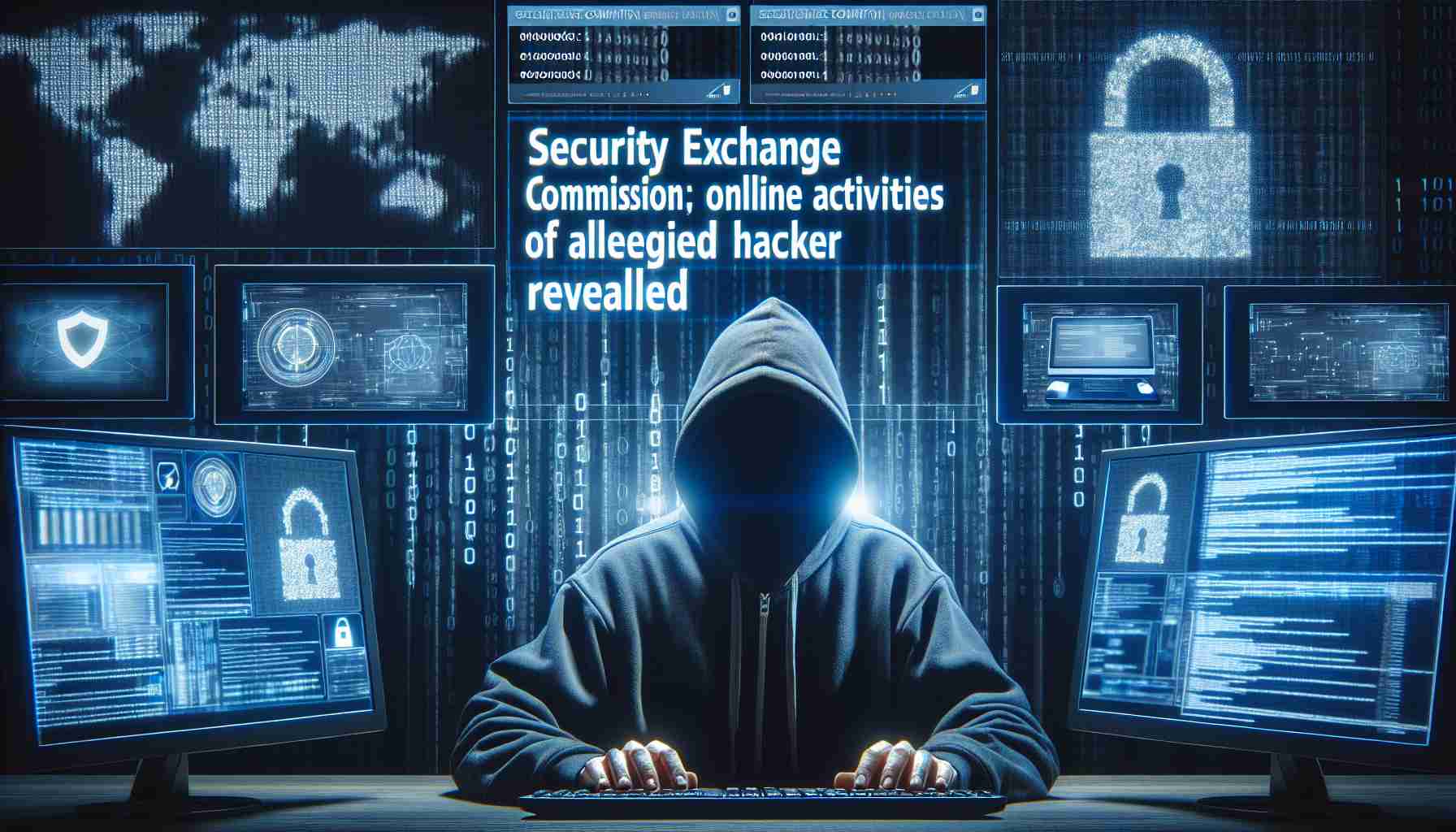In a recent case involving a breach of the Securities and Exchange Commission’s (SEC) X account, 25-year-old Eric Council Jr. from Athens, Georgia, is facing serious accusations. Court documents disclose that he made inquiries online regarding how to determine if he was under FBI investigation. He also looked up various signs that could indicate such an investigation, even in the absence of direct contact from authorities.
Council is linked to a hacking operation that infiltrated the SEC’s social media in January, leading to a misleading post about Bitcoin. The fraudulent claim suggested that the SEC had approved Bitcoin for inclusion in mainstream investment portfolios, triggering a significant spike in the cryptocurrency’s price—an increase of approximately $1,000 immediately followed by a steep decline once the truth emerged.
The SEC has acknowledged that a critical security measure protecting their X account was deactivated prior to the hack. The attack was executed via a Sim swap, where alleged conspirators managed to redirect an SEC employee’s phone number to a fraudulent Sim card. This allowed them access to login credentials, exploited due to the absence of multi-factor authentication, which was disabled at that time.
Council Jr. is facing charges including conspiracy to commit aggravated identity theft. If convicted, he may be sentenced to a maximum of five years in prison. The incident has reignited discussions on the importance of robust cybersecurity measures.
Cybersecurity Awareness: Tips, Life Hacks, and Interesting Facts
In today’s digital age, where cyber threats are becoming increasingly prevalent, protecting your personal and financial information is more vital than ever. The recent incident involving the Securities and Exchange Commission (SEC) serves as a stark reminder of the potential vulnerabilities that exist online. Here are some essential tips and life hacks for enhancing your cybersecurity, along with interesting facts that highlight the importance of being vigilant.
1. Enable Multi-Factor Authentication (MFA)
One of the simplest and most effective ways to secure your accounts is by enabling multi-factor authentication. This adds an extra layer of protection by requiring not just a password but also a second form of verification, such as a code sent to your phone. By doing this, you can significantly reduce the risk of unauthorized access.
2. Keep Passwords Strong and Unique
Utilize complex passwords that are a combination of letters, numbers, and special characters. Avoid using easily guessed information, such as birthdays or common words. Moreover, using a different password for each account reduces the impact of a potential breach. Consider using a password manager to keep track of your passwords safely.
3. Be Wary of Phishing Attempts
Phishing is a common tactic used by cybercriminals to deceive individuals into providing personal information. Always be cautious of unsolicited emails or messages that ask for sensitive information. Verify the source and never click on suspicious links.
4. Regularly Update Software and Devices
Software updates often include security patches that protect against known vulnerabilities. Regularly updating your operating system, apps, and antivirus software can help shield your devices from malware and cyber attacks.
5. Educate Yourself About Cybersecurity
Staying informed about the latest trends in cybersecurity can empower you to recognize potential threats before they become an issue. Follow trusted cybersecurity blogs and subscribe to updates from organizations that specialize in digital security.
Interesting Fact: Did you know that the average cost of a data breach can exceed $3 million for businesses? Investing in cybersecurity practices not only protects individuals but is also essential for companies to maintain their reputation and trustworthiness.
6. Use Public Wi-Fi with Caution
While public Wi-Fi can be convenient, it often lacks adequate security. Avoid accessing sensitive information, such as banking details, when connected to public networks. If you must use public Wi-Fi, consider using a Virtual Private Network (VPN) to encrypt your connection.
7. Regularly Monitor Financial Statements
Keep a close eye on your bank and credit card statements. Report any suspicious activities immediately. This can help you catch potential fraud early and take the necessary steps to mitigate any damage.
8. Back Up Your Data
Regularly back up important files to an external hard drive or a secure cloud service. This ensures that your data is safe in case of hardware failure or cyber attacks such as ransomware.
By implementing these tips, you can bolster your defenses against cyber threats and protect your personal information. Remember, the digital world requires constant vigilance, and being proactive about cybersecurity is the best way to stay safe.
For more tips on safeguarding your digital life, visit Cybersecurity.gov.
















